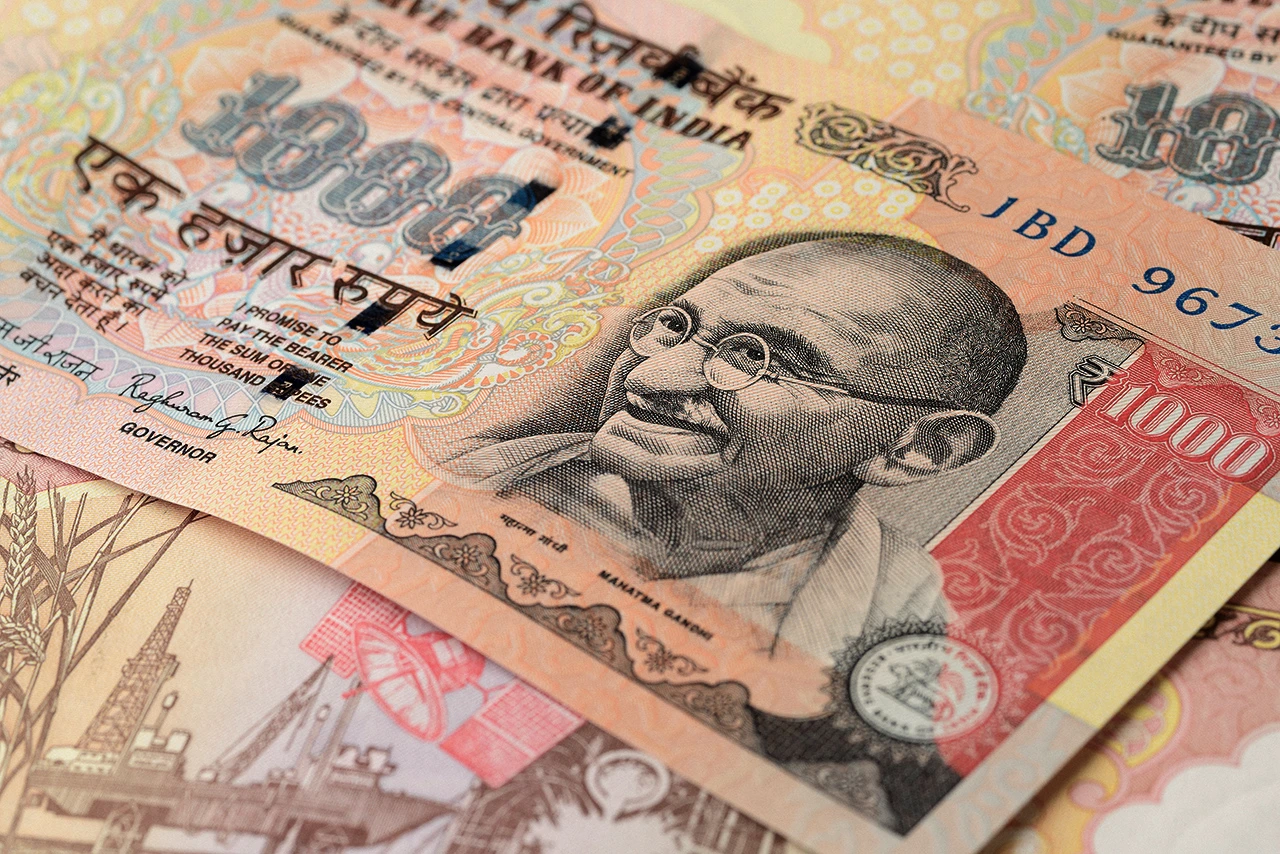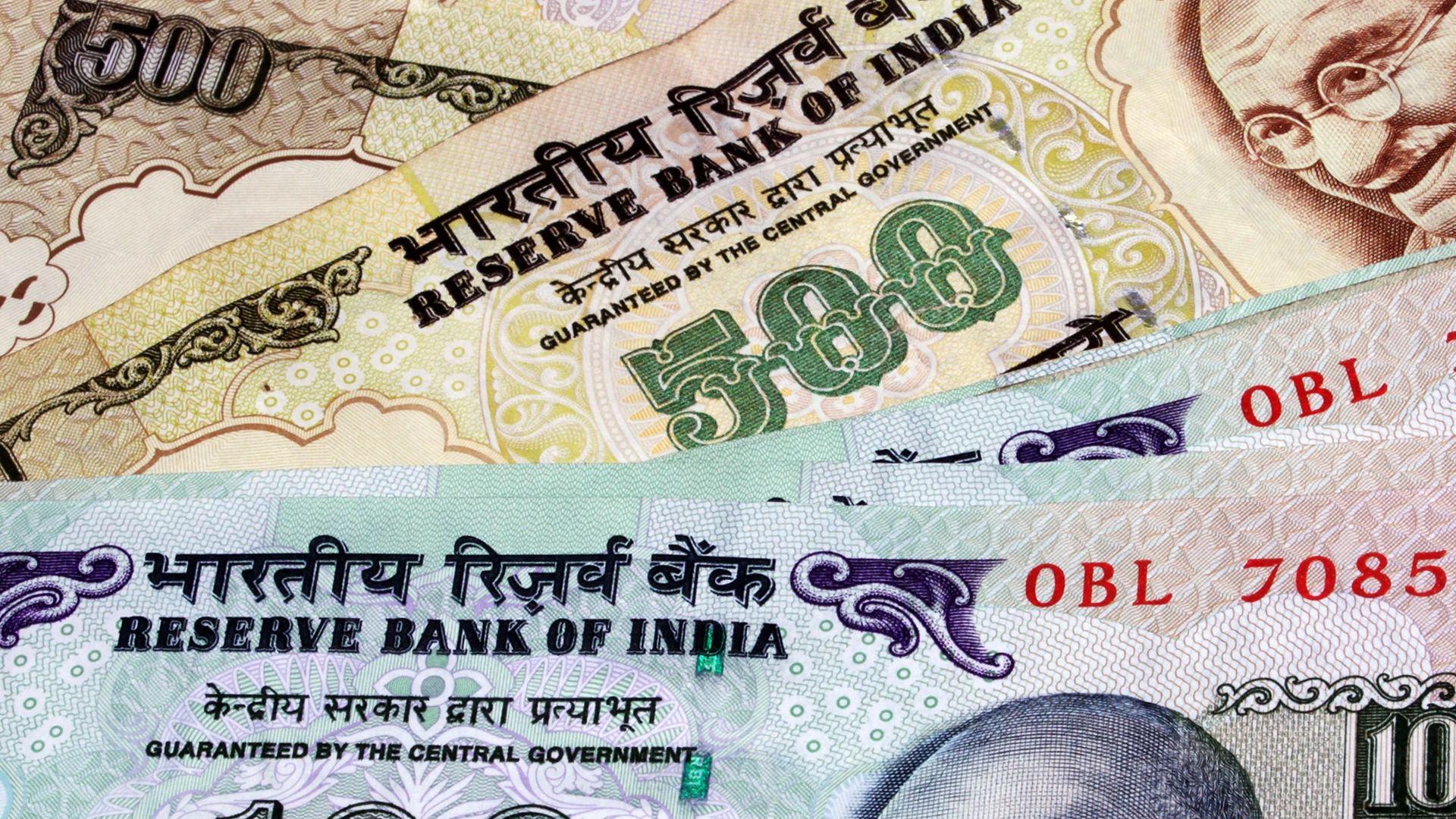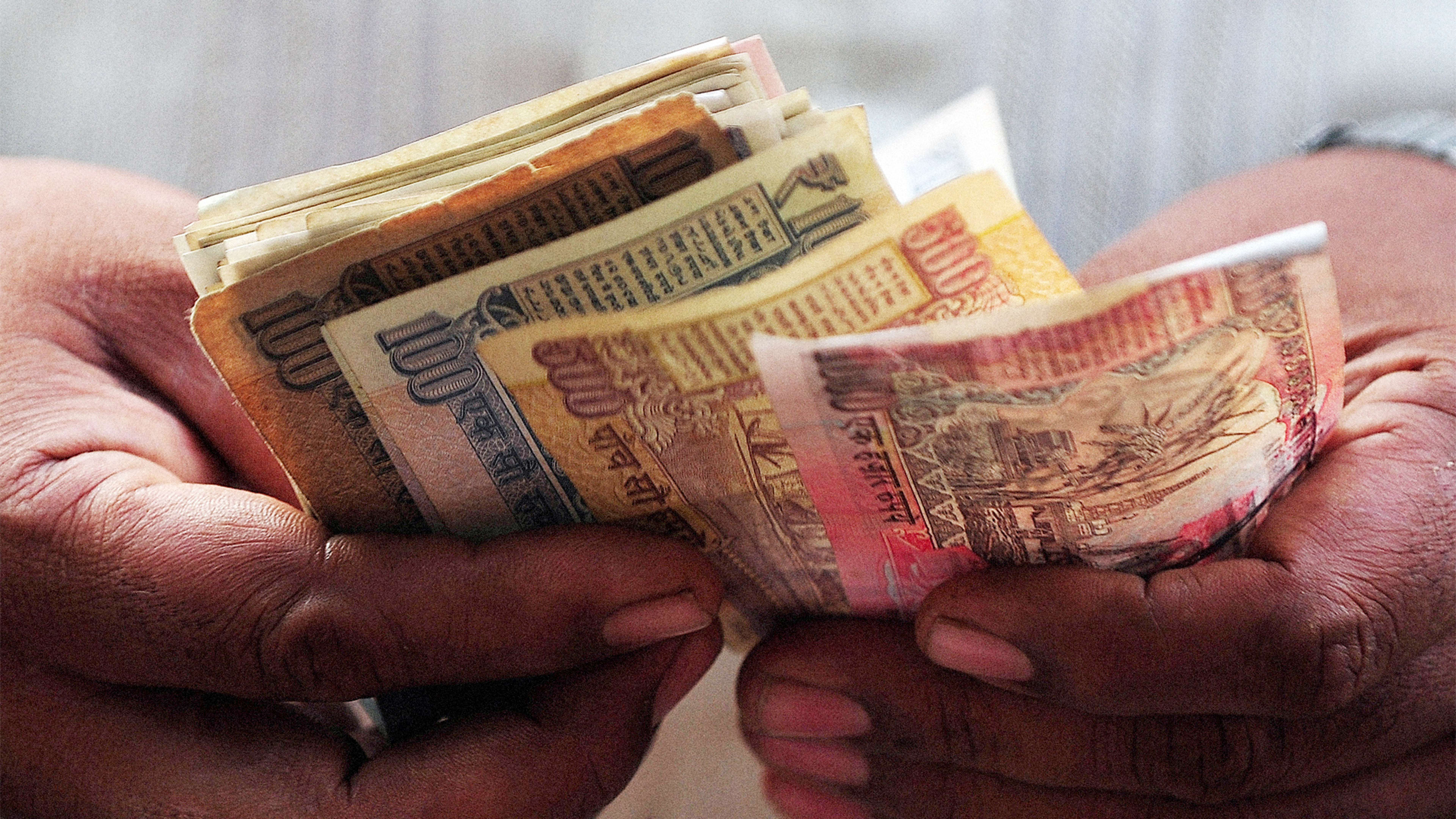This month, India’s Prime Minister Narendra Modi banned almost all of his country’s cash, in order to crack down on tax avoidance, criminals, and terrorism. The action 500 and 1,000 rupee bills (worth about $7 and $15, so very commonly in use) were declared illegal, but could be exchanged for new, smaller bills. This would, the thinking went, make the hidden reserves of illegally gotten cash worthless. But instead, everything went wrong.
India runs on cash. According to Bloomberg, “India has among the highest usage of cash across global economies,” accounting for up to 98% of all transactions. Modi’s bill ban took 86% of it out of circulation, instantly. When he announced the ban on October 8, he gave just four hours notice.
The demand for new notes is predictably huge, but the government seems to have failed to make that very prediction. Cash shortages means that ATMs run out of cash long before the lines have subsided, and–because the economy runs on cash–people can’t buy food. You can’t use a credit card if you don’t have one, and people don’t have them: A recent push to get Indians to open bank accounts resulted in 215 million new accounts, but only 72% had any funds in them.

There are other consequences, too. Farmers, for instance, can’t buy the seeds they need for next year’s crops. The homeless and very poor, who have no bank accounts, have to choose between working for a day, or spending that day queuing at the bank to exchange the little cash they have.
The reasons given for the ban are the standard hand-wavy reasons politicians give for anything these days: Terrorism and crime. But this level of disruption probably wouldn’t be worth the trouble just to fight the relatively minor threat of terrorism, and smart, organized criminal enterprises may already have laundered much of their earnings. The real reason for this “economic shock and awe,” says the BBC’s South Asia correspondent Justin Rowlatt, is tax. “Do not believe reports that this is primarily about bribery or terror financing,” he writes. “The real target is tax evasion and the policy is very daring indeed.”
Similar things are happening closer to home. In France it is now illegal to use cash to buy anything that costs more than 1,000 euros. Spain, too, has new laws limiting cash transactions. Governments love electronic payments–credit cards, bank transfers and so on–because they can be tracked, and therefore taxed. Cash perpetuates the problem of “black money”–undeclared, unrecorded transactions used to avoid taxes. In Spain, properties are still sometimes sold way under market value, with the remainder paid in cash, in order for both parties to avoid taxes.

India’s new rules are simple, but effective. Any amount of cash can be exchanged for the new notes, but if you deposit more than 250,000 rupees ($3,650), questions will be asked. You will be asked to prove that you have paid tax on that money, and if you can’t, tax will be taken from it, plus a fine totaling another 200% of the tax. Effectively, you will pay triple tax on the amount, a huge windfall for the Indian government. “The size of this shadow economy is reckoned to be as much as 20% of India’s entire GDP,” writes Rowlatt. And while large companies will find this extra tax burdensome, the poor will possibly find their entire cash reserves eaten up.
On the other hand, imagine this happening in your country. You might be happy to endure some financial inconvenience in order to see the richest tax evaders brought to justice. And that may be what Modi is banking on in order to see him through this painful transition with his popularity intact. For other people, it’s not a financial inconvenience, but the only way they can buy food, and protests across India are arguing the same thing.
It can be argued that anonymous cash is essential for a free society. The transaction limits imposed by France and Spain are serious curbs on this freedom. Modi’s answer is not to change the economy at all. Cash is just fine in India, he effectively says, as long as you pay tax on it. And in fact, perhaps the most impressive part of the whole operation is the printing, in secret, of billions of rupees. There may not have been enough printed this time, but next time there will be. And this knowledge–that the value of black money can be almost instantly be destroyed–could have the biggest chilling effect of all.
Recognize your brand’s excellence by applying to this year’s Brands That Matter Awards before the early-rate deadline, May 3.
